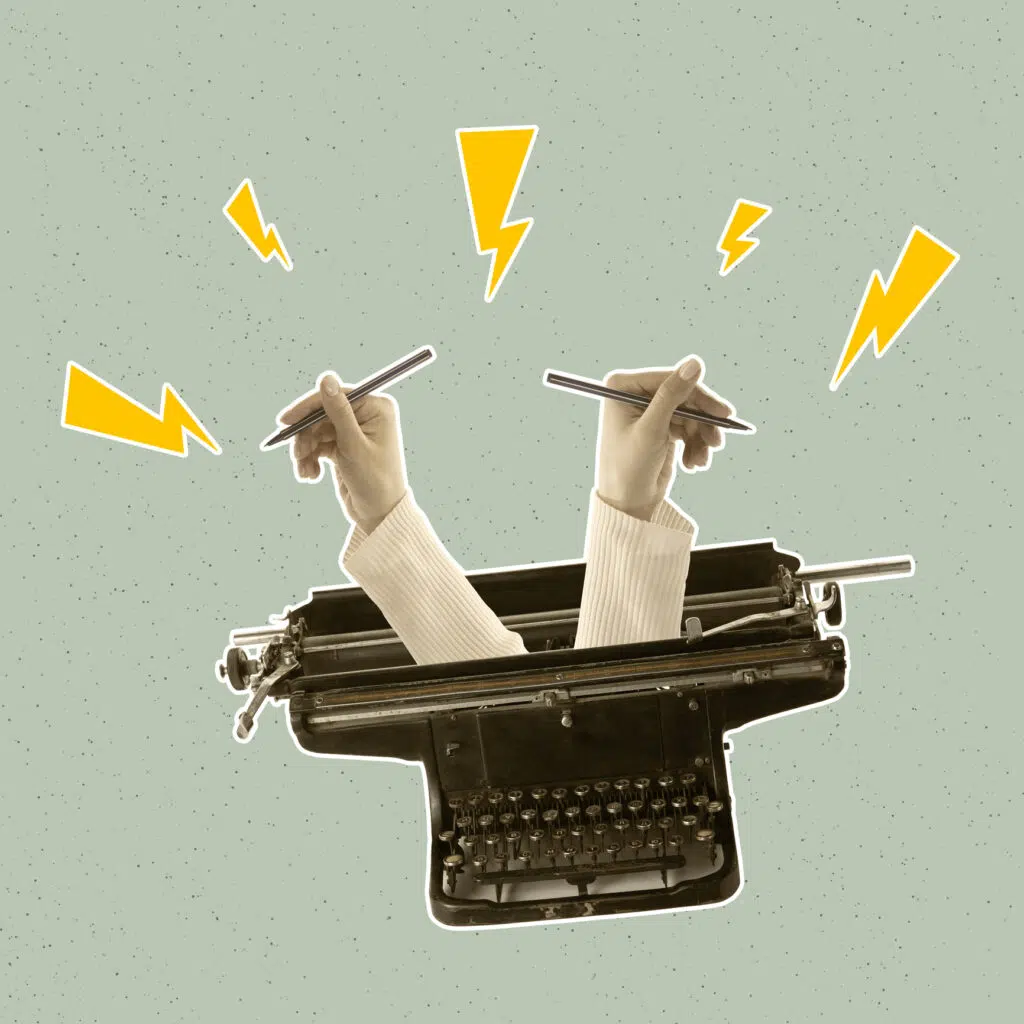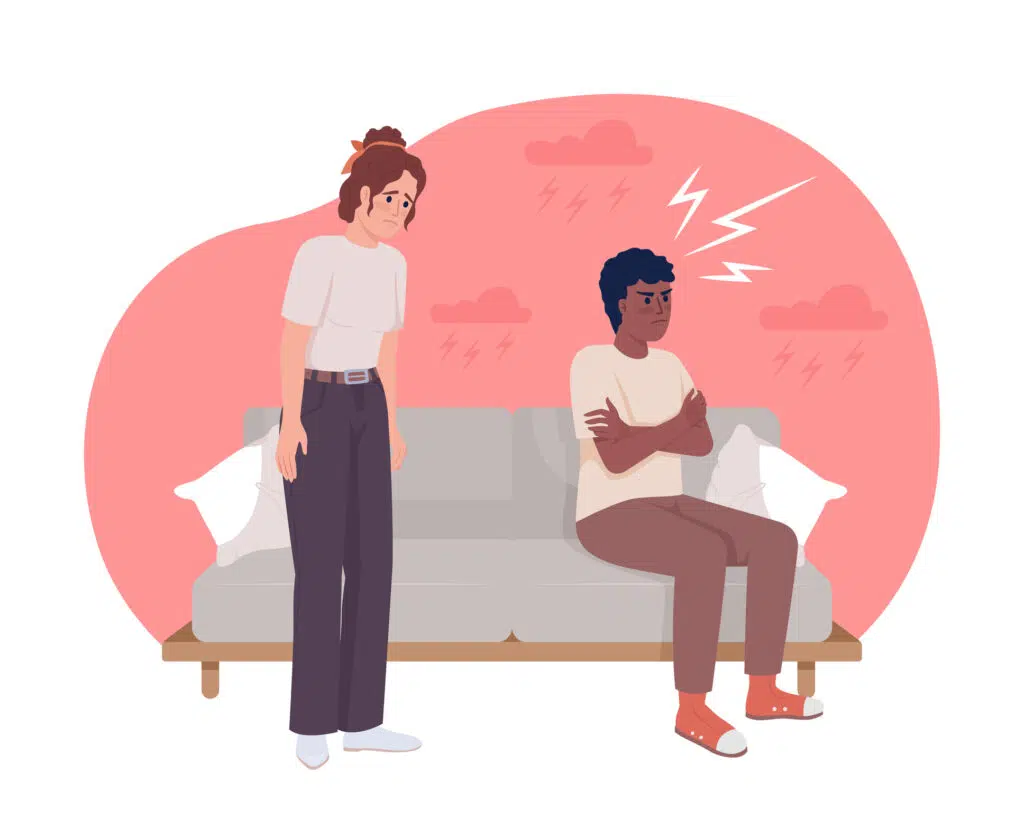How Should You Prepare For A Therapy Session?

While you can show up to therapy without any preparation and be completely fine, it can help to prepare a little if you’re nervous. If you have never been to therapy before and don’t know what to expect, a new experience can feel daunting in addition to whatever you may be feeling. To help you feel ready, here are some tips to get the most out of your therapy sessions.
Do I Need To Prepare Anything For Therapy?
So, you have your appointment booked with your therapist. Maybe it’s in a few days or weeks. To get as much as possible out of therapy, it’s useful to set yourself up positively so you can show up ready. When it comes to therapy preparation, it’s normal to feel some anxiety, nerves, and uncertainty. Before your first session, take the time to reflect, make some notes, and learn more about the type of therapy you will have.
6 Tips On How To Get The Most Out Of Your Therapy Sessions
You can come to therapy prepared or unprepared because your therapist is there to design your treatment and formulate a plan that works for you. But, if you are keen to do some groundwork before your session, here are six therapy session tips to set you up.
- Have Realistic Expectations
One of the best ways to prepare for a therapy session is to have realistic expectations. Therapy isn’t a magic overnight solution that wipes away your problems in one session. It’s a process that takes time and can sometimes be uncomfortable and painful. Your therapist or psychologist is not there to save you or make decisions for you. They are there to give you the tools and techniques to navigate your thoughts, feelings, relationships, and situation in a healthy way.
- Ask Questions
During your therapy session, your therapist will ask you questions. They will want to know how you’re feeling and what brings you to therapy in the first place. But don’t be afraid to ask your own questions as well. Write down any questions you would like to ask your therapist. You could ask the following questions:
- How many therapy sessions would you suggest?
- What type of therapy would you recommend for me?
- How effective is therapy for my mental health concerns?
- Be Honest
Although it’s hard, being truthful and open with your therapist is important. To diagnose and provide the right course of treatment, it’s crucial that you tell your therapist the truth. Honesty is essential to any relationship, and it’s no different for a therapeutic relationship.
- Write Down What You Would Like To Discuss
Think about why you want to go to therapy. Maybe you are experiencing anxiety or going through some relationship issues. Whatever it is, write down the main points you would like to discuss. Naturally, you will talk about how you feel and what you want to achieve. But, if you’re nervous and forget what you would like to cover, referring to your notes can bring your focus back and make sure you get the most out of therapy each time.
- Set Aside Time Before And After Your Session
Schedule your therapy appointment at a convenient time. Try to set aside some time before and after so that you don’t have to rush straight back into work or another appointment. Allow yourself enough time so you don’t feel rushed and have some time afterwards to reflect on the session. Once you get into the flow of therapy, you may find that you can have a therapy session in between other commitments. But, if it’s your first session with a therapist, schedule it at the right time.
- Do Any Paperwork Beforehand
In some cases, you may have spoken to your therapist or office staff ahead of your first appointment about logistics. If you have any paperwork like billing information or medical history to complete, try to do this before your first appointment. It’s helpful to get the admin out of the way. You can ask your therapist’s office about the cost of therapy and whether they accept health insurance, and how it all works.
What Questions Should You Be Ready To Answer During a Therapy Session?
Your reason for attending therapy can be widely different from another person. You could be stressed at work and experiencing burnout or feel like your mental health is holding you back from living a fulfilled life. Therapy typically follows a similar layout, but the questions and precise format can change depending on your concerns.
A mental health professional will ask you questions during therapy sessions. You can expect more questions in the beginning because they are figuring out why you are there and how to create a treatment plan unique to you and your circumstances. To give you an idea of what to expect, here are some common questions asked in therapy:
- What brings you here today?
- How are you feeling?
- What do you expect from therapy?
- What do you hope to achieve?
- Can you tell me about your family?
- How do you deal with stress?
- How is your relationship with your partner?
If you’re having couples therapy instead of individual therapy, then the questions may look different. The central theme of your therapist’s questions is to determine why you’re in therapy.
What Should You Bring With You to a Therapy Session?
On the day of your therapy session, think about taking a water bottle to sip if needed. Have a snack before or after if you feel like you need one. Pack your notebook with questions for your therapist and any topics you would like to discuss. If you have any of the following, bring it with you:
- List of medications you’re on
- Referral
- Any relevant medication information
- Family history
No matter how much you prepare for a therapy session, it’s important to go easy on yourself and be patient. For some people, feeling ready and knowing what to expect can calm their nerves, especially if they’ve never seen a therapist. You can physically and mentally prepare for therapy to put yourself in the best position possible to move forward. Remember that change does take time and doesn’t happen overnight.
If, for any reason, you don’t like your therapist or are struggling to connect, it’s okay. Generally, it’s worth going to a few sessions before deciding. If it’s not working for you, there’s no reason to worry. Therapy is personal; finding someone you feel comfortable with and can share openly with is essential.
The first session with a therapist can feel intimidating, but remember that your therapist is there to listen and help you. They are trying to learn as much as possible about you and your concerns to create a treatment plan to help you move forward. The work you will do together in future sessions will be based on what you share with your therapist. Getting used to being in a therapy session can take time. So, be patient, get to know your therapist, and try to be open and truthful.
To start your journey today, book an appointment online or call our offices in New York, California, Florida, New Jersey, Oregon, Minnesota, Illinois, Massachusetts, and Washington.

How to Move On After a Friendship Breakup
Friendship breakups can sting just as much as a romantic breakup. After all, you’re experiencing a loss of shared history and an understanding of each other that can leave you feeling lonely and isolated. Not all friendships are forever, but moving on from the loss of a friendship does take time and some self-compassion.

Signs You’re in a Toxic Relationship
A toxic relationship can chip away at your well-being and happiness. Toxic partners can be manipulative and charming, making it difficult to recognize the signs that you’re in a toxic relationship. You deserve to be in a supportive and healthy relationship.

10 Common Marriage Reconciliation Mistakes to Avoid After Infidelity
Infidelity can leave couples devastated. If you’ve been affected by infidelity and want to salvage your relationship, rebuild trust, or make a tough decision, keep reading for 10 common reconciliation mistakes to avoid after infidelity.

Survey: 72% of Americans are Stressing About the Upcoming Presidential Election
Political viewpoints in the U.S. have always been contentious, but is the impact of politics in the United States making it difficult for people to live their everyday lives? With some anticipating another brutal and long campaign season ahead of the upcoming 2024 presidential election, nearly half of Americans say politics is negatively impacting their mental health.




